I have a type of muscular dystrophy called FacioScapuloHumeral Muscular Dystrophy (FSHD). It’s a dominant degenerative genetic disorder that leads to progressive skeletal muscle loss over time. Currently, there is no treatment or cure. Although they are working on it, the pathogenesis of FSHD is quite complex.
I knew about my diagnosis from before I can remember. One of my earliest memories is of being in my pediatrician’s office and the doctor having me squat and walk, testing how I was impacted at that point in time. I knew something was different. I knew even then that I was not “normal”.
My defenses told me to ignore it and that’s what I did. It wasn’t a conscious decision. I never spoke about it. I never told a single soul about it until I was a junior in college when I told my closest friends, which felt like coming out of the closet.
We had a stair lift in my childhood home for my mother, who also has FSHD. I told friends that we had it to help them transport their rare books (they are rare book dealers) up and down the stairs.
The hiding and secrecy was automatic. I wasn’t even aware that I was doing it. It never occurred to me to do anything differently.
It kept me from pursuing relationships with girls and left me playing out relationships instead in my head and/or choosing girls that were already in relationships. When I found out someone was interested in me, I immediately lost interest.
The unifying factor here, the thread that connects all these experiences, was shame. I was so deeply ashamed of having a disability that I couldn’t admit to myself that I had it.
I met my wife in London. I had moved there to continue my studies and we were in the same program. I remember choosing not to sit near the stacked chairs so I would never be asked to lift them in case there were no seats available.
A few months after we started dating, I told her about the FSHD. I was still quite able-bodied at 25. I could go up and down stairs with ease and walk long distances. She went with me to meet with my neurologist, who told us there was no way to predict how exactly the disease would progress, but I thought we had lots of time before I’d be dealing with what I’m dealing with now.
Now, that I am far from able to hide having a disability, I can talk about it with ease with people. It’s not something that I try to hide in conversation, BUT the shame has not gone quietly into the night. I still deal with a tremendous amount of shame about having a disability, how I walk, not being able to do things most other people can do, and there’s an added element too, being a dad.
He didn’t want me to go. He couldn’t look at me when I was there. When the game was over, I had to go spend some time alone. I didn’t want to react from the rawness. His reaction was confirming something very deep inside me, that I was flawed, defective, and “other” in an unappealing way.
I managed to digest the pain enough to go home and talk with him about it. I told him that I didn’t want to hide from the world, that I was his father and proud to be his father and that I understood his feelings, but I didn’t want to hide anymore.
I still struggle with shame. I still isolate myself. I know that my personality, which is a lot about being an introvert, a homebody, not liking small talk and socializing, is in large part a tribute to this altar I have been worshipping at my whole life. I’m ashamed of that too, because it shines a light on just how much shame has been an organizing principle for me.
I wanted to write this piece as a Thrive Global contributor because it moved me to receive an email this week announcing their chronic illness initiative. Speaking up, making our voices heard, sharing stories and joining together are all powerful weapons against the shame drain.
I don’t want to choose it anymore. The only thing I can promise is that I’ll keep working on it.
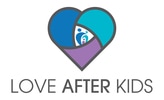
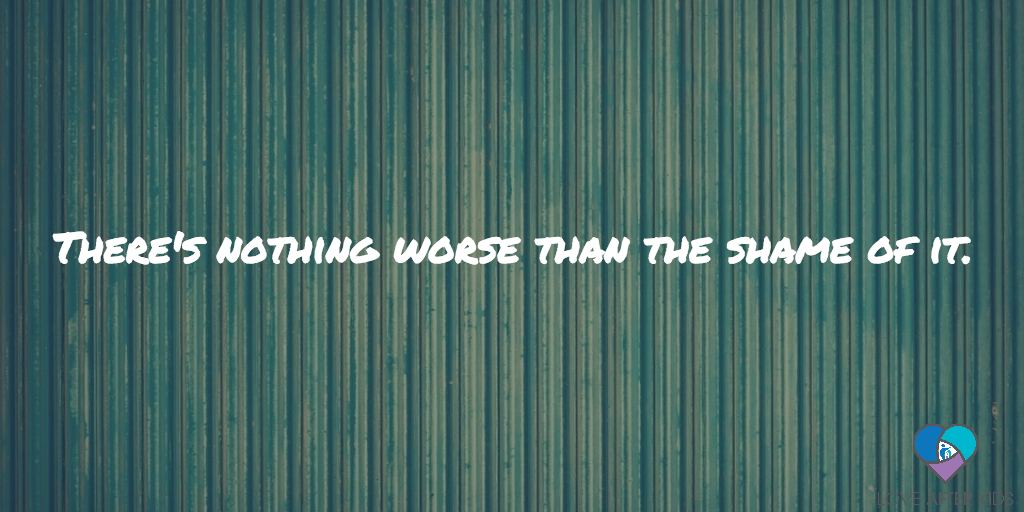
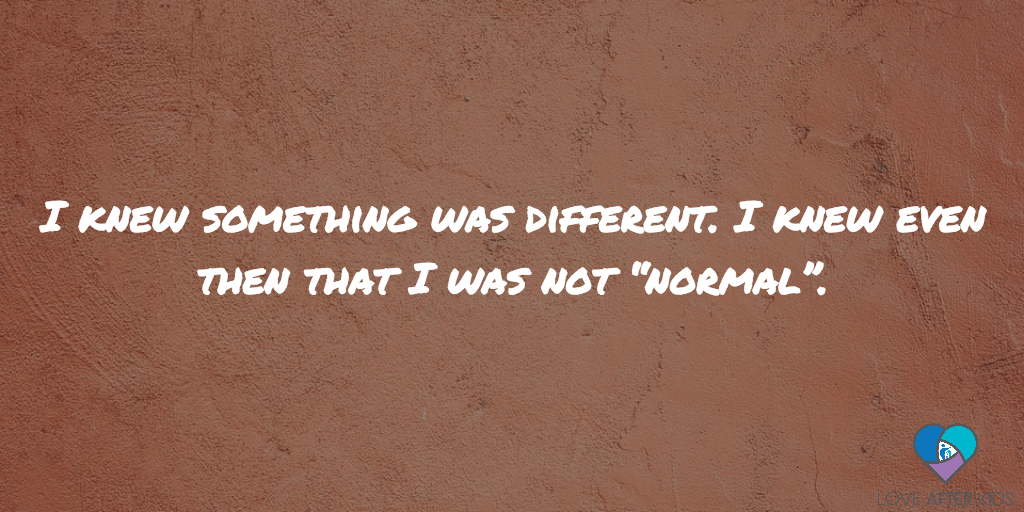
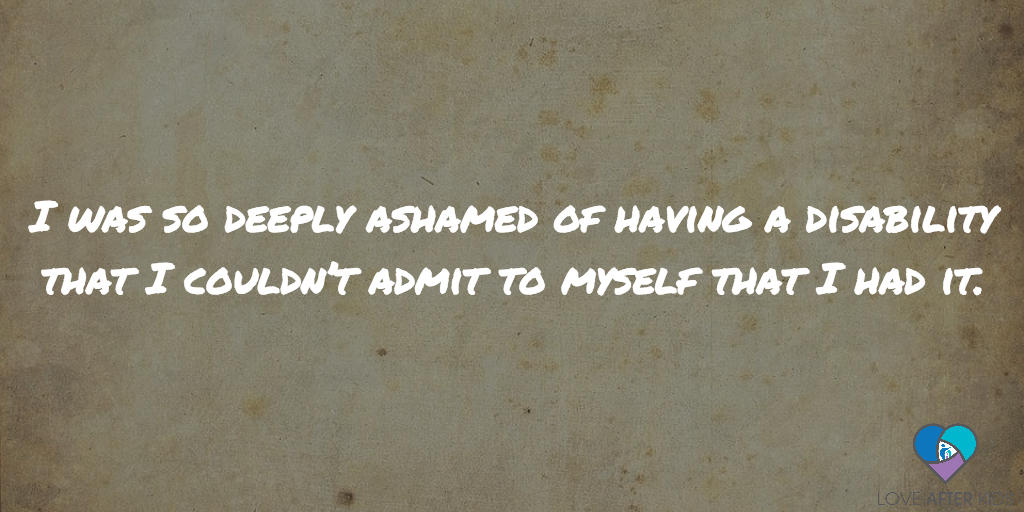
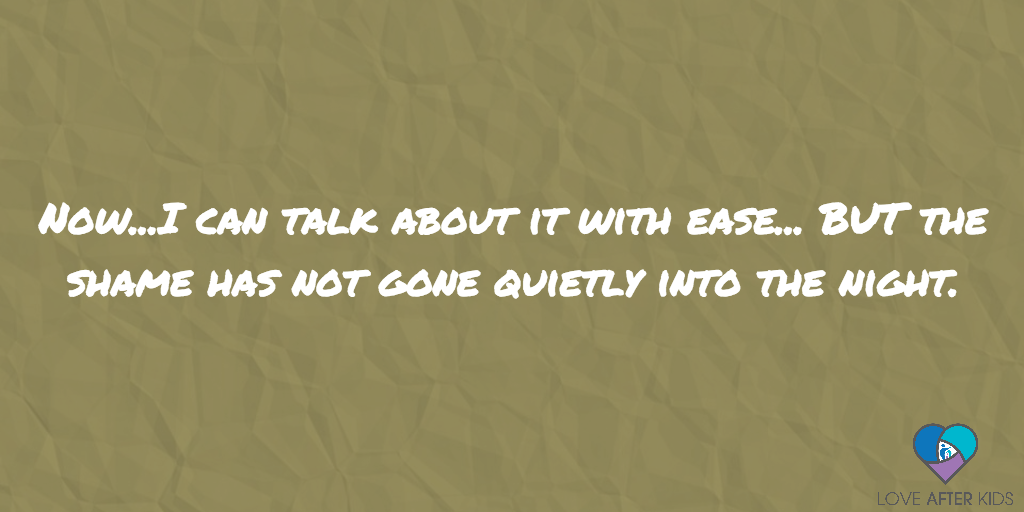
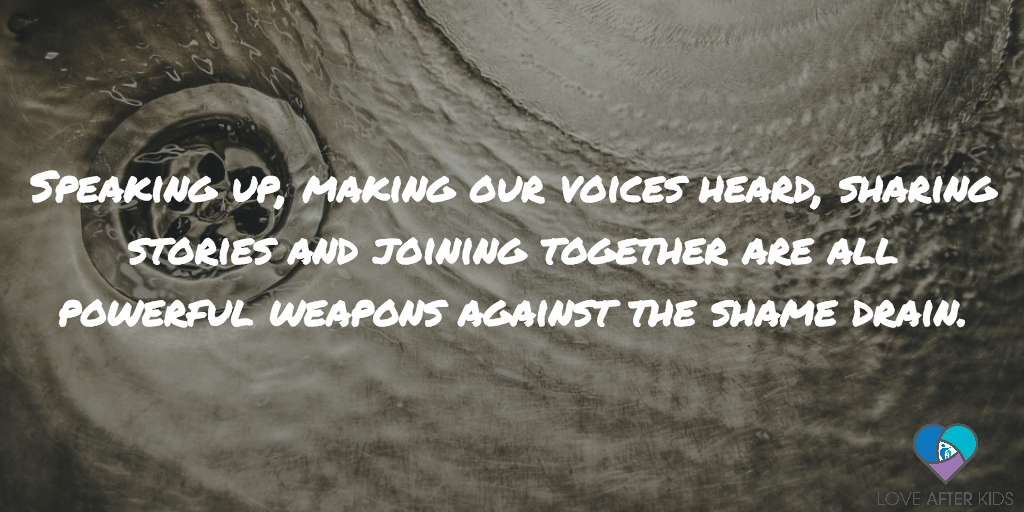
 RSS Feed
RSS Feed